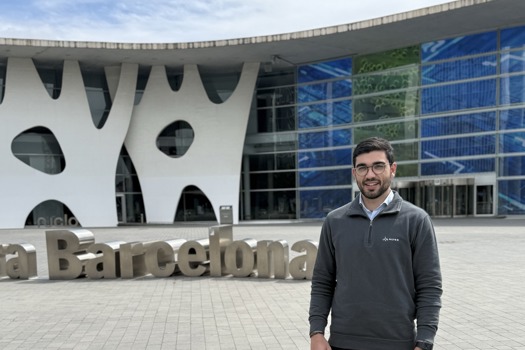In a wide-ranging interview to mark the accolade, Landa talked about how his own measures of success were beyond personal wealth. Rather, his desire was to create lasting manufacturing and employment opportunities in Israel, and to effect social change.
He revealed that when HP acquired Indigo for $830m (£640m) in 2001, the tech giant had considered moving manufacturing of the digital presses to China.
“The negotiations on the sale terms were easy – it took a few days, or even only a few hours. The negotiations on the intangible assets, on the other hand, took weeks, because I demanded that HP continue both development and production in Israel,” he stated.
He said HP had kept the Indigo business in Israel, because “it has proved to itself that it’s worthwhile manufacturing in Israel, and we proved to them during the sale that Israel was preferable to China.”
HP Indigo now accounts for 0.5% of the country’s GDP. Landa told Globes that his ambitions for Landa Digital Printing (LDP), which is expected to ship its first presses next year, were for the company to achieve a level of scale such that it would account for at least 1% of GDP – while at the same time hoping that HP Indigo would also keep on growing.
“I very much hope that Indigo continues its success and growth - and however much it succeeds, that Landa Digital Printing overtakes it,” he said.
LDP signed up a huge number of orders at Drupa earlier this year, including high-profile deals with industry giants Cimpress and Quad/Graphics.
He also celebrated his 70th birthday at the show.
The firm has also been on a recruitment drive as it gears up for commercialisation of its range of Nanography inkjet presses.
And while Landa’s sale of Indigo to HP marked him out as one of the country’s most successful businessmen, he also told Globes of his concern that present-day Israeli tech entrepreneurs had different goals. “I and the others of my generation regarded ourselves as industrial exporters. Our ambition was to be exporting industrialists, not serial entrepreneurs. Not to build something and sell it, but to manufacture, to generate jobs, to change society.
“If you ask the young people today whom they admire the most, those employing thousands of workers or those who made millions, they’ll answer, ‘those who made millions.’ That makes me sad.”
Landa and his wife Patsy also have a philanthropic fund, the Landa Family Foundation.
Read the full interview with Globes here.










